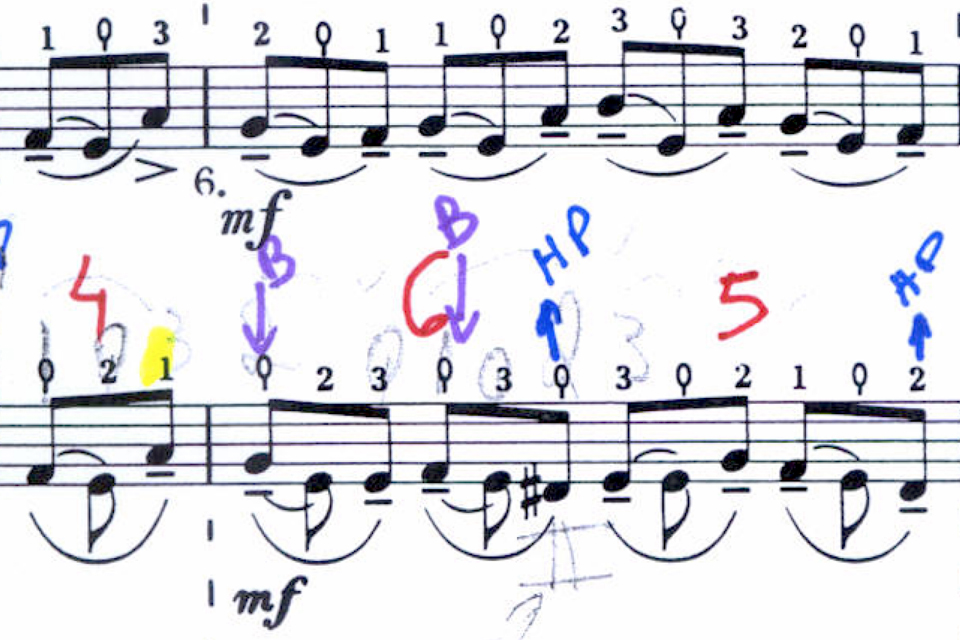Centre for Performance Science researchers identify links between memorisation and virtuosity
Thursday 20 December 2018
A study by Dr Tania Lisboa at the Centre for Performance Science has found that the skills and practice needed to play fast, virtuosic music with expression are very similar to those required to perform reliably from memory and can be learned by all musicians.
Researchers recorded the entire practice of an experienced cellist over a two-year period as she prepared the Prelude from JS Bach's Suite No 6, a fast and challenging work for solo cello. She also performed the piece at ten public performances during the observation period.
The researchers asked how practice and memorisation of the virtuosic music affected spontaneity and expression during the performance. To play expressively, the performer trained herself to focus on the specific thoughts and feelings she wanted to convey to the audience, attending to these 'performance cues' as she practiced. Thinking about musical goals imbued her playing with freshness as well as providing mental landmarks to function as points of recovery when memory failed.
The study shows that the same strategies can be taught to younger, developing musicians. A student was taught to annotate the score she was learning with her thoughts and feelings according to her own understanding of the piece. These musical thoughts, through practice, became 'performance cues' for the student, guiding her performance, providing points of recovery for memory failures, and increasing expressivity in performance. The cues therefore make it possible to play challenging music from memory, for both professional musicians and students.
Dr Tania Lisboa, Research Fellow at the RCM, commented: 'This study describes the entire process of learning the Prelude and shows how "performance cues" develop through practice. These cues also affect expressive timing in performance, which is fully described in another recent study of more than 20 performances of the same Prelude. It is exciting to see that the outcomes of research with professional musicians can be applied successfully to much younger musicians, helping towards the development of more effective practice strategies and more expressive performances.'
The Centre for Performance Science is a joint venture between the Royal College of Music and Imperial College, London.








